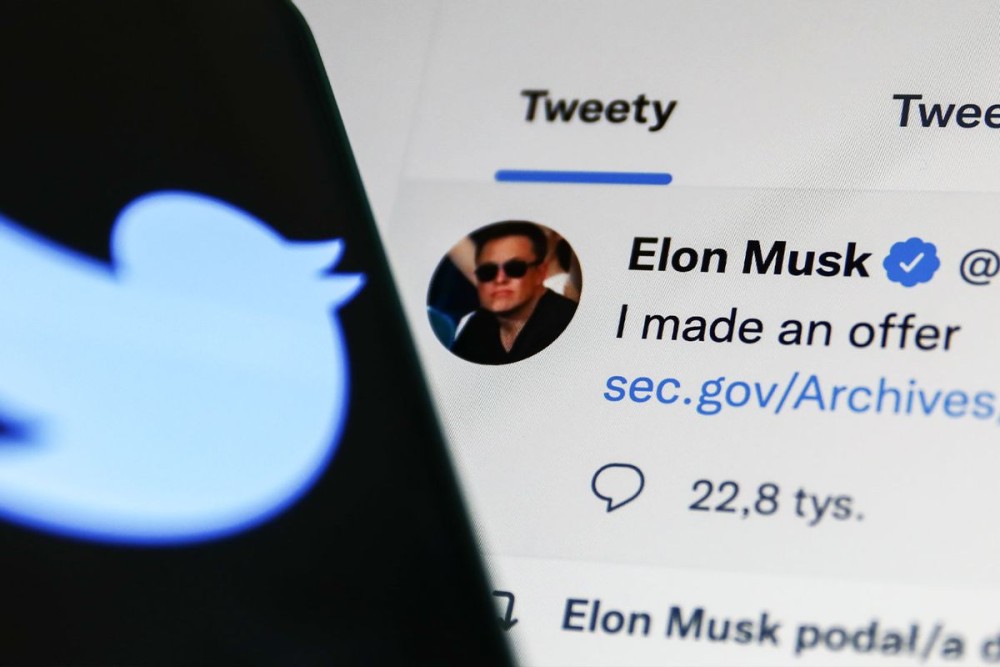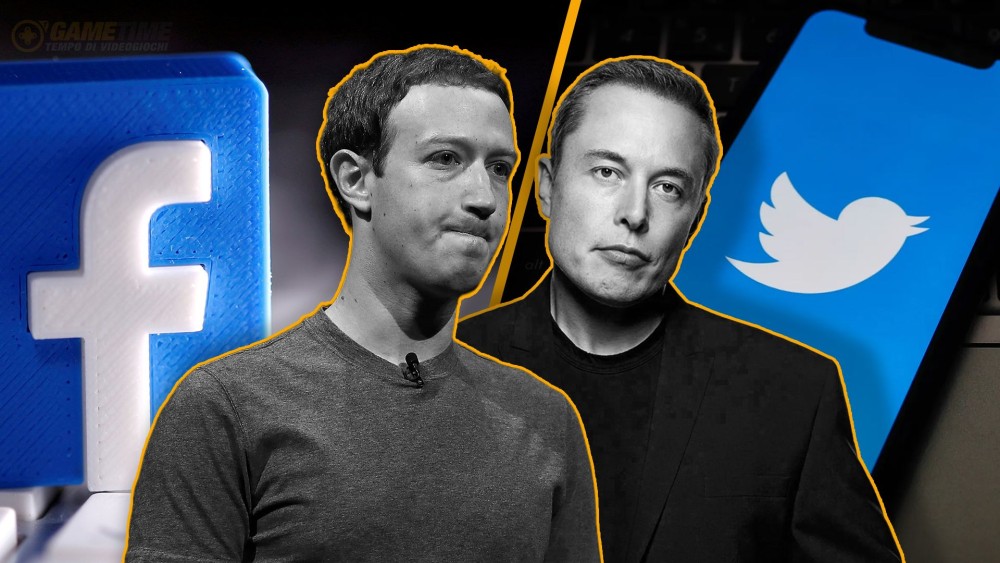Among certain circles, they believe it started with the Big Bang. Then, in our cluster of rock, elements conjured order out of chaos. Until one day- out of a beautiful coincidence, a single stone came to life. In the more accepted circle, they believe we came to be by the grace of a master craft. That He willed it, breathed into the nostrils of a dust dummy, and its heart chose cardiac as the only muscle.
Regardless of where your allegiance lies, the actions that transpired next are certain: Man dawned upon Earth his love and indifference. It was out of his love for belonging to a land that he drew borders and waged wars to protect them. It was out of his love to collectively identify with those that looked like him that he designed the construct of race. But one can argue, he did all that out of indifference.
Such is the nature of life; in its complexity and mysteries, chaos has a place at the center of its Venn diagram, and so is love. Our yearning to be better made us realize that we need each other. For that, we invented the technology to connect us. And perhaps none did it better than Facebook.
In 2004, a sophomore Harvard student at 19, Mark Zuckerberg, created software that could rank how attractive his fellow students were. What began as a ‘hot or not’ prank showed potential beyond comprehension. It could photo host photos, allow users to comment, chat in real time, and- with the right coding, the promise to be even more.
Slowly, he extended the invitation to more Ivies. And in typical human traits, the urge to change the world kicked in. After securing the trademark Facebook, Mark took his company global. In fact, Facebook boosts 5 million active users in Tanzania as of now, making it the most used platform in the country. But the world is not all black and white. It’s as more spiral as it’s diagonal. So, the complexities kicked in, or should I say the greed.
Facebook could do more, and it did. It connected New York to London, then interwove them for Sydney to access in a minute. There was no jungle out of reach provided it had an internet connection. But Mark’s vision ended at connectivity.
He was linking spectrums of culture and ideologies without putting the necessary political infrastructure. In the end, he created a space that paid homage to more than just good people. Facebook went chaotic. Racists and terrorists preached and recruited next to police ads, sex offenders accessed kids easily, and genocidal messages run next to gospel posts.
And that’s not all. Facebook needed to monetize. So it spied on its users, harvested their personal information and patterns, and auctioned them to businesses. Like it wasn’t enough, some of the data was used to build psychographic profiles that manipulated elections.
But Facebook’s best way to monetize was its ability to kill the competition. In 2013, it offered to buy Snapchat but was refused. In turn, it incorporated stories into Instagram. In 2014, it bought Whatsapp. To kill Tiktok, it started reels. And now- for Twitter, it has launched Threads.
Then in 2021, Facebook did a rebrand. It sold it as a way to get ahead of the Metaverse (whatever that is) but it was more of a PR stunt. It was essentially the same but with a much cooler name: Meta.
And while Mark was expanding his empire, Jack was refining his. His Twitter was less complex, and mostly relied on people’s inner thoughts- and for that reason, more toxic and powerful.
It became the channel of choice for politicians, the ground for the culture war, and the platform where ordinary individuals could shape culture. But even with such influence, its shares never touched peaked. That prompted Elon Musk to pay 44 billion in 2022 for it. However, it has become more toxic. Musk with his right-leaning beliefs, has given hate a place to thrive in the name of free speech.

And just like before, it’s still failing. It does not generate enough to sustain its debt even after laying off half its workforce and introducing a ‘pay to access certain services’ model
It is at this moment of fragility that Mark has struck again. He has launched a clone. A clone that has gained 100 million users in 5 days. A clone designed by the very workers Twitter laid off– and unlike Twitter, promises to curb misinformation, cut hate speech, and give a safe space for everyone.
Knowing what we know about Mark, our collective consciousness should want us to turn our backs on Threads. But we shouldn’t. In fact, we can’t. Yes, he’s in it for the money, but so is Musk. And yes he’ll auction our data again, but he’s the only one capable of holding rogue Twitter responsible.
The worst-case scenario is both Twitter and Threads cashing on bigotry, but that outcome is highly unlikely. The most prominent outcome is the coexistence of both platforms as they check and balance each other. You see we can have two town squares, but for now let’s hop on Threads to remind Musk that certain speeches get people killed for their race, gender, or orientation. Let’s choose the evil billionaire that offers less chaos.

